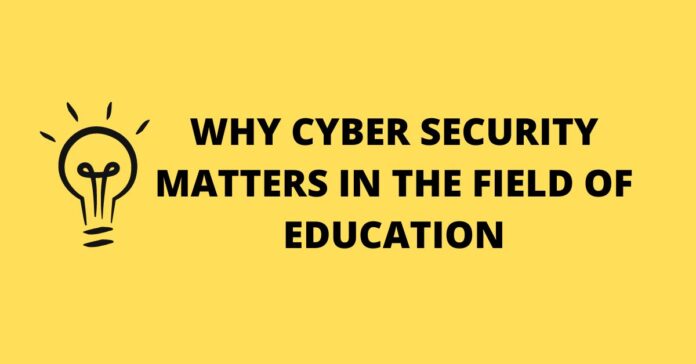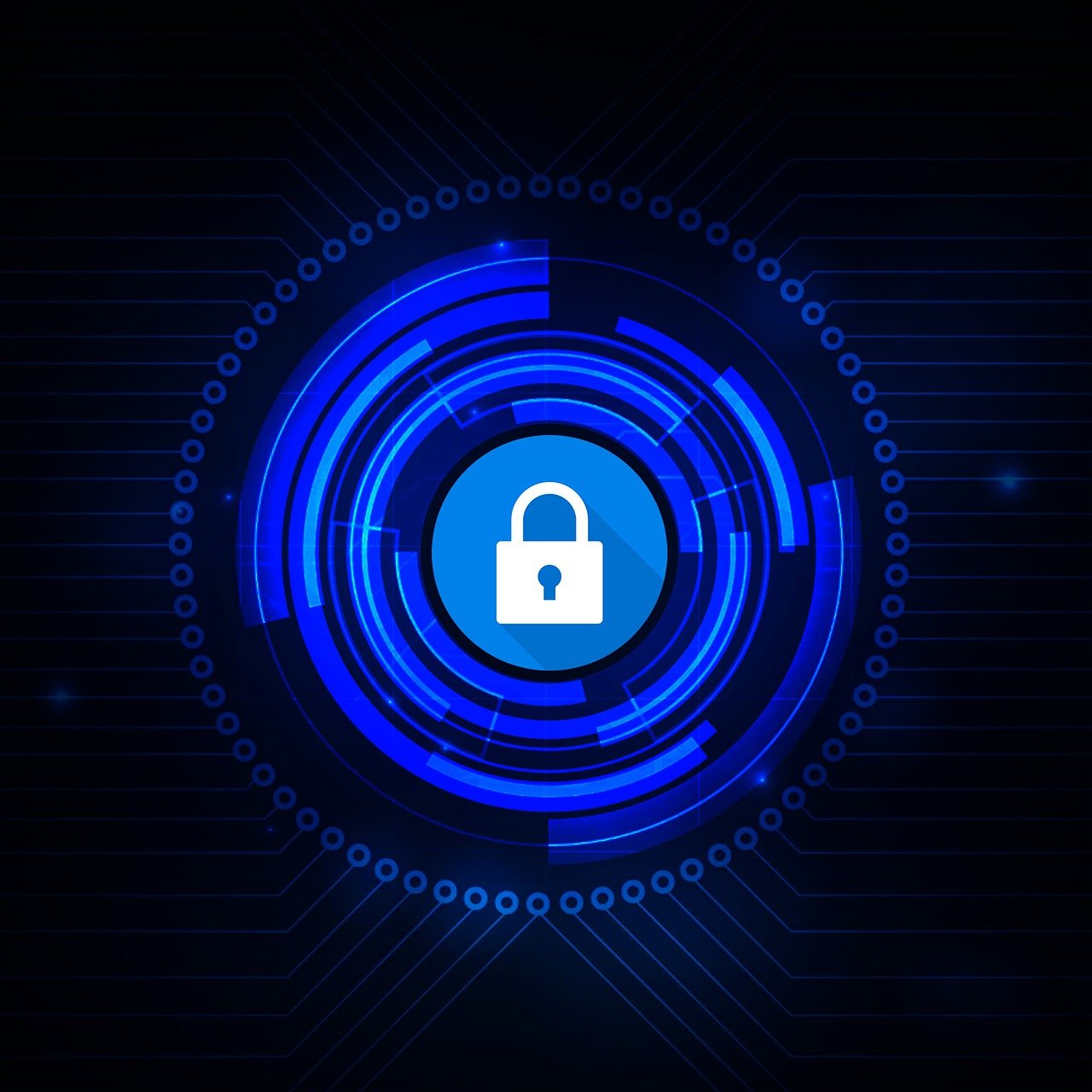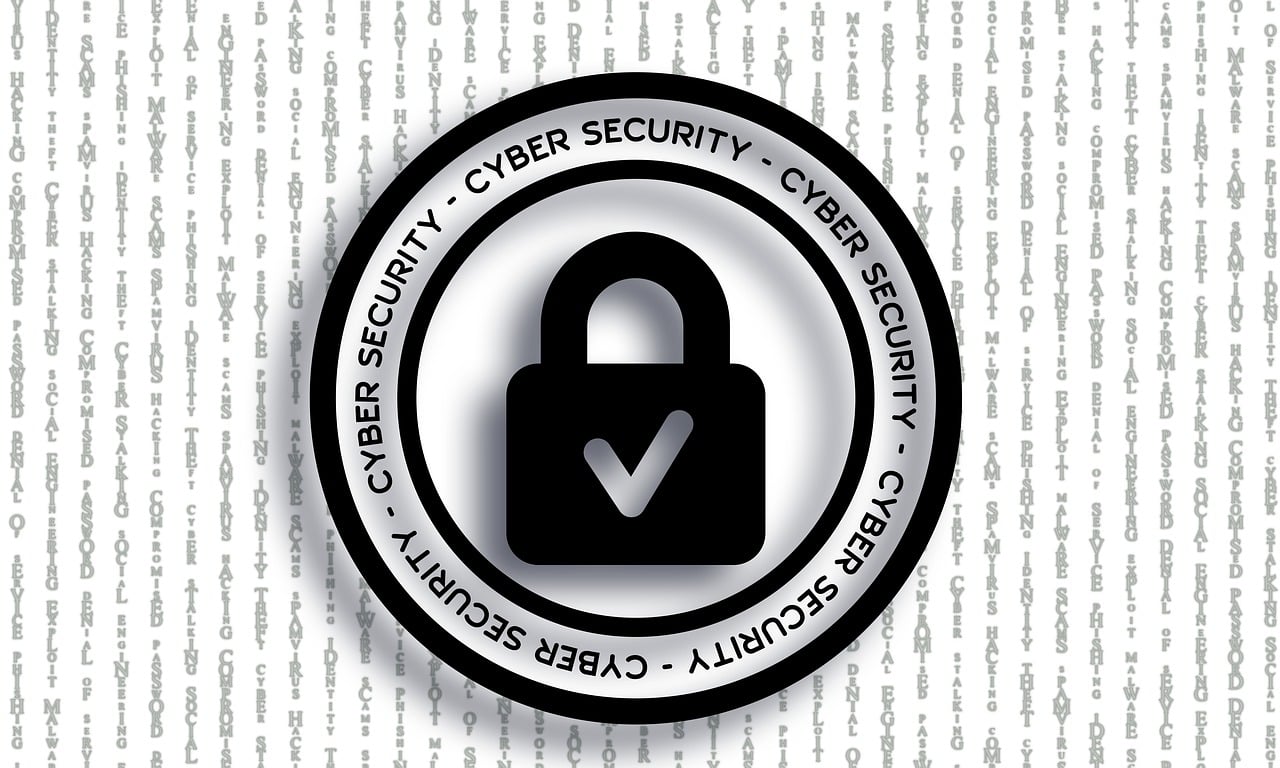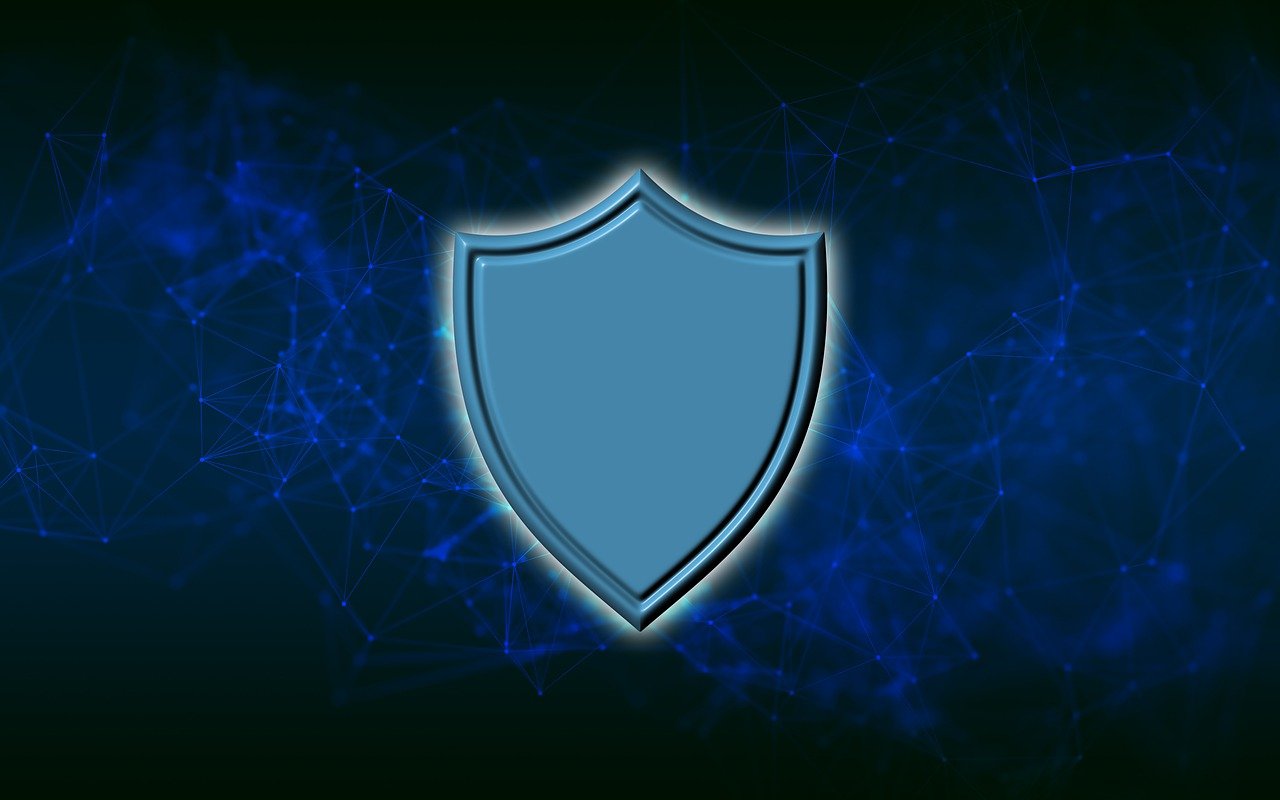Learn why cyber security matters in the field of education in this post.
Cyber security refers to the practice of defending computers, servers, mobile devices, electronic systems, networks, and data from digital attacks, damage, or unauthorized access.
Today, cyber security has become a critical concern for various industries. In the field of education, where technology’s role is expanding rapidly, the importance of cyber security cannot be overstated. Schools, universities, and other educational institutions are embracing technology to enhance learning experiences and administrative efficiency.
The integration of technology in modern education has led to a revolution in how students learn, and educators teach. From e-learning platforms to virtual classrooms, educational technology is redefining traditional boundaries, making education more accessible and interactive. This transformation, however, also opens doors to potential risks and threats that can compromise the privacy and integrity of educational data.
These emerging risks in the educational sector highlight a critical need for robust cybersecurity measures. The complexity of managing technology in education, coupled with the sensitive nature of the information involved, can often lead students or faculty to feel overwhelmed. It’s not uncommon to hear someone say, “I need someone to write a paper for me.” But how to find a secure and reliable resource?
Table of Contents
The Current Situation
Rise of E-learning and Virtual Classrooms
The advent of online learning platforms and virtual classrooms has democratized education, allowing access to quality learning resources beyond geographical limitations. These platforms require secure login credentials and encrypted data to ensure the safety of student information and academic records.
Utilization of Personal Devices
With the Bring Your Own Device (BYOD) trend, students and educators are using personal devices for educational purposes. This trend necessitates proper security protocols to safeguard personal and institutional data.
Collaboration Tools and Cloud-based Services
Collaborative tools and cloud services enable real-time communication and sharing of resources, making learning more engaging and flexible. These tools must be fortified against potential cyber threats to maintain confidentiality and integrity.
Importance of Data in Educational Analysis
Data analytics in education helps in personalizing learning experiences, tracking student progress, and making informed decisions. The sensitive nature of this data demands stringent cyber security measures to prevent unauthorized access or manipulation.
Vulnerabilities in the Educational Sector
Weak Security Protocols
Many educational institutions still rely on outdated or weak security protocols, making them easy targets for cyber attackers. Regular updates and the use of advanced security technologies are essential for protection. You can check out our web security guide to learn more about this.
Lack of Awareness and Training
A significant portion of cyber incidents in education stems from human error. Regular training and creating awareness among students, faculty, and staff can significantly reduce this risk.
Growing Incidents of Cyber Attacks in Educational Institutions
From ransomware attacks to data breaches, educational institutions are increasingly targeted by cybercriminals. Such attacks can have devastating effects on an institution’s reputation, finances, and legal standing.
Risks to Student and Staff Personal Information
The personal information of students and staff, or any person for that matter, is highly sensitive. The lack of proper security measures when storing this kind of data can lead to it being compromised, resulting in identity theft and other serious consequences.
Consequences of Ignoring Cyber Security
Loss of Sensitive Data
Ignoring cyber security in educational institutions can lead to unauthorized access and loss of sensitive data. This includes not only personal information of students and staff but also proprietary educational content, research data, and financial records.
Legal Implications
Failure to protect personal and confidential information can have serious legal repercussions. Educational institutions are bound by various laws and regulations to safeguard information. Non-compliance can result in fines, lawsuits, and regulatory actions that may cripple an institution’s ability to operate.
Damage to Reputation
Trust is a crucial component of any educational relationship, and a breach in security can significantly erode that trust. Students, parents, and staff may lose faith in the institution’s ability to protect their information, leading to a decline in enrollment, participation, and collaboration.
Potential Impact on Learning and Development
Cyber attacks can disrupt the learning process by rendering online platforms and resources inaccessible. This disruption can delay academic progress, create confusion, and hamper the overall learning and development of students.
Benefits of Implementing Strong Cyber Security Measures
Protecting Student and Staff Privacy
Robust cyber security measures ensure the privacy of students and staff by preventing unauthorized access to personal information. This protection builds trust and confidence, fostering a secure environment for learning and collaboration.
Ensuring the Integrity of Educational Materials
Security protocols help maintain the integrity of educational materials, preventing unauthorized modifications or theft. This guarantees that students and educators have access to reliable and untampered resources.
Facilitating Safe Online Collaboration
By implementing cyber security measures, educational institutions can offer a safe platform for online collaboration between students, teachers, and researchers. This promotes an open and interactive learning environment without the fear of security breaches.
Fostering Trust in Technology-Assisted Learning
When students and educators trust that their information is secure, they are more likely to embrace technology-assisted learning. Trust encourages participation and exploration, leading to a richer and more engaging educational experience.
Best Practices
Regular Training and Awareness Programs
Educational institutions must prioritize regular training and awareness programs for students, faculty, and staff. These programs should cover the essentials of cyber hygiene, responsible online behavior, and the latest trends in cyber threats and defenses.
Implementation of Robust Security Protocols
Adopting modern security technologies, including firewalls, encryption, and multi-factor authentication, is essential for safeguarding sensitive information and prevention of identity theft. Institutions should regularly assess and update these protocols to stay ahead of evolving cyber threats.
Collaboration with Cyber Security Experts
Educational institutions can benefit from collaborating with cybersecurity experts and organizations. This collaboration helps in tailoring security measures specific to an institution’s unique needs, ensuring optimal protection.
Updating Security Measures Continuously
Cybersecurity is not a one-time effort but an ongoing process. Regular monitoring, auditing, and updating security measures are vital to adapting to new threats and maintaining a strong defense.
Conclusion
The realm of education has expanded into the digital world, where it thrives but also faces unique challenges. Much like students often seek the best assignment writing services to aid their academic progress, educational institutions must seek the best cyber security measures to protect their virtual environment.
The importance of cyber security extends beyond mere data protection; it fosters trust, integrity, and innovation in a digitally enhanced educational landscape.
Cybersecurity matters deeply in the field of education. The integration of technology into learning and teaching processes has created a world of opportunities but has also introduced vulnerabilities that must be addressed.
Collaborative efforts from educational institutions, governments, technology providers, and individual users are essential in building a secure and thriving educational ecosystem.
The strategies and insights provided herein serve as a roadmap towards that goal, emphasizing the collective responsibility we all bear in nurturing a safe and enriching learning environment.
INTERESTING POSTS
- Document Collaboration Among Remote Teams: Tools And Strategies For Success
- Top 4 Benefits Of Easy Loans
- The Intersection of Cybersecurity and AI: Exploring Challenges and Opportunities in Student Writings
- 7 Things You Need To Know About Cybersecurity And Payday Loans (Infographics)
- Cybersecurity Education: Choosing the Right Degree Program for You
About the Author:
Daniel Segun is the Founder and CEO of SecureBlitz Cybersecurity Media, with a background in Computer Science and Digital Marketing. When not writing, he's probably busy designing graphics or developing websites.











